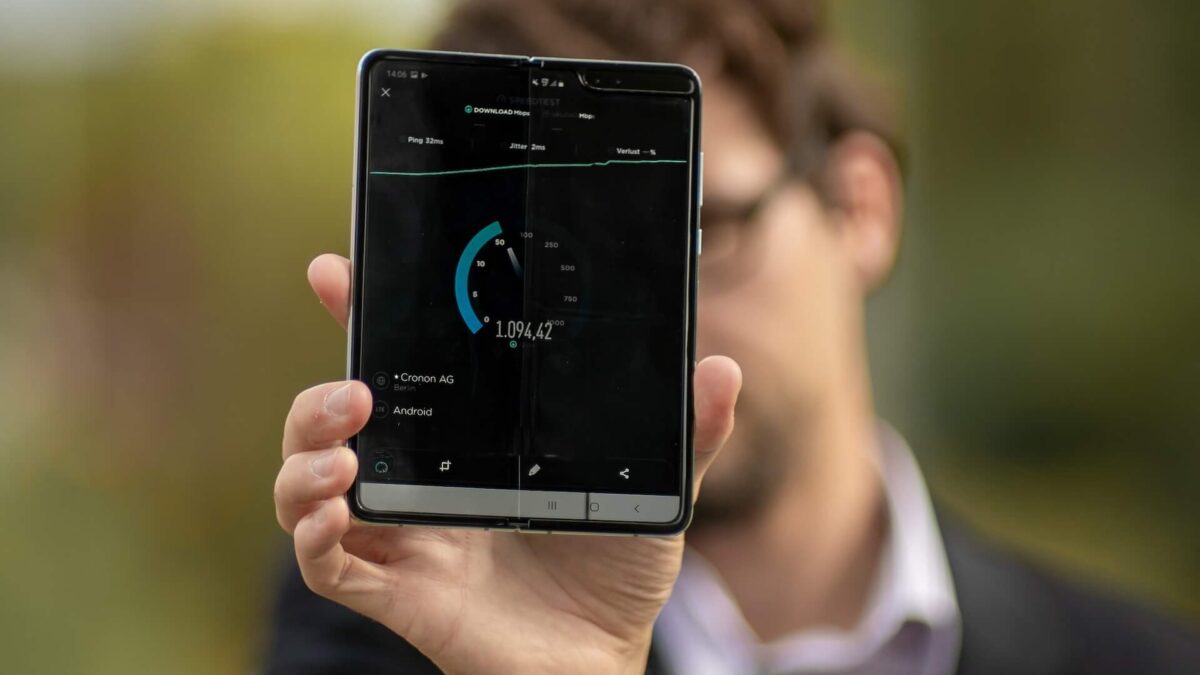What is Gigabit Internet and How Does it Compare to Other Types of Internet?
Introduction
In today’s digital age, high-speed internet is no longer a luxury, but a necessity. With the increasing demand for faster internet speeds, gigabit internet has become a buzzword in the tech industry. In this article, we’ll explore what gigabit internet is, how it compares to other types of internet, and why it matters.
What is Gigabit Internet?
Definition
Gigabit internet, also known as gigabit broadband, refers to internet speeds of 1 gigabit per second (Gbps) or more. This is significantly faster than the average internet speed in the United States, which is around 130 megabits per second (Mbps).
How Does it Work?
Gigabit internet is delivered through fiber-optic cables, which use light to transmit data. This allows for faster and more reliable internet speeds compared to traditional copper cables. Fiber-optic cables also have a higher bandwidth, which means they can handle more data at once.
How Does Gigabit Internet Compare to Other Types of Internet?
Cable Internet
Cable internet is one of the most popular types of internet in the United States. It delivers internet through coaxial cables and offers speeds ranging from 10 Mbps to 1 Gbps. While cable internet can be fast, it is also prone to congestion during peak usage times, which can slow down speeds for all users.
DSL Internet
DSL, or digital subscriber line, internet uses copper telephone lines to deliver internet. It offers speeds ranging from 0.5 Mbps to 100 Mbps, depending on the distance from the nearest telephone exchange. DSL internet can be slower and less reliable than other types of internet, especially for users who are far away from the exchange.
Satellite Internet
Satellite internet uses satellites in orbit to deliver internet to remote areas where traditional internet infrastructure is not available. While it can offer speeds of up to 100 Mbps, it is also subject to latency and weather-related disruptions. Satellite internet can also be expensive and often comes with data usage limits.
Fixed Wireless Internet
Fixed wireless internet uses radio waves to deliver internet to a specific location, such as a home or business. It offers speeds ranging from 10 Mbps to 100 Mbps and is often used in rural areas where traditional internet infrastructure is not available. Fixed wireless internet can be affected by weather and other environmental factors.
Why Does Gigabit Internet Matter?
Faster Download and Upload Speeds
One of the biggest advantages of gigabit internet is its fast download and upload speeds. This makes it ideal for users who need to upload and download large files, stream high-quality video, and play online games without lag.
Future-Proofing
As more devices become connected to the internet, the demand for faster internet speeds will only continue to grow. Gigabit internet provides a future-proof solution that can meet the demands of both current and future technologies.
Economic Benefits
Gigabit internet can also have economic benefits for communities. It can attract businesses and entrepreneurs who need fast internet speeds to operate, as well as telecommuters who need to work from home.
Conclusion
In conclusion, gigabit internet is a game-changer in the world of high-speed internet. It offers faster and more reliable speeds compared to traditional internet options, making it ideal for users who need to upload and download large files, stream high-quality video, and play online games without lag. While it may not be available everywhere yet, gigabit internet is a technology that is worth keeping an eye on in the coming years.
Recent Posts
- AI-Powered Humanoid Robots: Transforming Business, Homes & Connectivity
- Top IT & Network Design Consultants in Boston and New England: Macronet Services
- Top AI Consultants in New England: Why New Hampshire’s Macronet Services Shines in Boston and Beyond
- IXPs in the US and Internet Peering
- Top Tips for a Winning Agentic AI Contact Center for 2025
Archives
- June 2025
- May 2025
- April 2025
- March 2025
- February 2025
- January 2025
- December 2024
- November 2024
- October 2024
- September 2024
- August 2024
- July 2024
- June 2024
- May 2024
- April 2024
- March 2024
- February 2024
- January 2024
- December 2023
- November 2023
- October 2023
- September 2023
- August 2023
- July 2023
- June 2023
- May 2023
- April 2023
- March 2023
- February 2023
- January 2023
- December 2022
- November 2022
- October 2022
- September 2022
- August 2022
- July 2022
- June 2022
- May 2022
- April 2022
- March 2022
- February 2022
- January 2022
- December 2021
- November 2021
- October 2021
- September 2021
- August 2021
- July 2021
- June 2021
- May 2021
- April 2021
- March 2021
- December 2020
- September 2020
- August 2020
- July 2020
- June 2020
Categories
- Uncategorized (1)
- Security Services (71)
- Cloud SaaS (60)
- Wide Area Network (307)
- Unified Communications (196)
- Client story (1)
- Inspiration (9)
- Tips & tricks (25)
- All (19)
- Clients (12)
- Design (3)
- News (270)
- Music (1)
- Sports (1)
- Travel (1)
- Artificial Intelligence (3)




